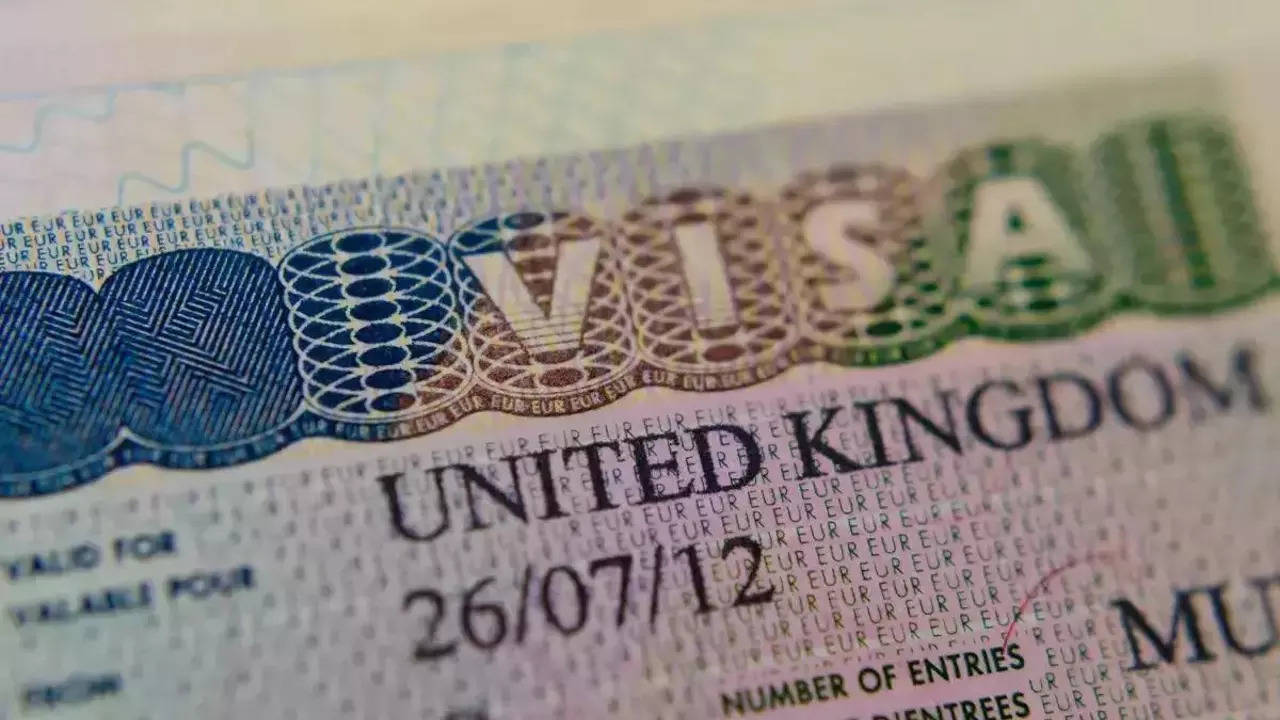Are You Happy Being Good? The Use Of Superlatives In Legal Marketing

Practicing law, while a learned profession, is also a business.
Just like any business, its practitioners need to market themselves in order to attract customers: as anyone can tell you, there’s no shortage of lawyers out there. They’re all competing for a limited amount of client dollars, and many of them are offering substantially similar services. As a result alongside the predatory attorney sharks swim the marketing remora fish, competing for a limited amount of attorney marketing spend.
Naturally enough, as the marketing people know and encourage, the attorneys seek to differentiate themselves from one another; to improve their position in the marketing “pecking order,” with a view to increasing market share.
The marketers have figured out an effective way to appeal to the archetypal self-respecting attorneys’ superiority complex. They encourage those attorneys to seek participation in surveys that affix superlative rankings to certain of them. Superlatives like “super” or “best.”
You might be surprised (or you might not) to learn that the process by which these superlatives are affixed is neither as objective nor as scientific as it might at first appear.
Let’s examine why.
Before we do, two caveats.
First, before you assume we’re just aggrieved wannabes who didn’t get selected for these accolades, know this: we have been invited to participate in the selection process, as well as solicited to purchase advertising space of one sort or another by the marketing people that publish these lists. We have made a deliberate decision to refrain from participation. We’re pretty confident our clients think we’re good at what we do and that, for want of a better term, is good enough for us.
Second, we are not casting any aspersions on the attorneys who participate in the creation of these lists. We don’t know all of them, but we do know some, and almost all of the ones we know we would consider good lawyers. Not “super” or “best,” just good, and we think that ought to be good enough for them, and more to the point, good enough for their clients.
After you read this, we hope you’ll understand why we don’t participate.
First of all (and you really should read this sentence more than once) these rankings are not based on client testimonials or client reviews; they’re not based on client input at all. In other words, no clients are canvassed to participate in these surveys. Not a single one. We think this means the whole thing starts from a shaky premise. To us it seems a little like asking the owners, cooks, and wait staff to review the restaurant they all work in.
While the marketers tout their selection and ranking processes as “rigorous” and “objective,” in reality it’s little more than a brother-in-law referral system.
If you network with other lawyers enough (read spend your time at lawyer-organized functions, or work in a large enough law firm), you’ll be able to garner sufficient “peer recognition” (read make enough friends who are also lawyers) to not only secure a nomination, but also ensure that leads to “qualification.”
Where does that qualification lead?
Well, the marketing departments of the organizers and publishers of these rankings get to take a shot at up-selling the “supers” and “bests” with some primo-advertising space in their magazines and online directory services. That advertising space is offered at a “preferential rate,” whatever that means.
The “super” and “best” attorneys get to tout their newly-acquired status on their websites and mailers too, so that their prospective clients can see how “good” they are.
At the end of the day though, the “supers” and the “bests” aren’t necessarily “supers” and “bests” in the eyes of the people who really ought to be asked whether they are or not: that would be their clients.
They aren’t nominated by the people they work for, and for whom they purportedly seek to achieve results; rather they are nominated by the people they work with, just like those cooks and wait staff we alluded to earlier.
We think practicing law is about helping our clients to achieve their legal goals. We don’t think it’s about seeking recognition from our professional competitors. And while we’re not so holier than thou as to refrain from any marketing – indeed, below this article you’ll find links back to our website – we do think the superlatives are a little disingenuous.
Given that attorneys often prosecute claims against businesses engaging in deceptive trade practices, it would be nice if some of them applied a little more scrutiny in that regard to their own marketing practices.
We recognize it’s nice to be well-thought of by other people and all, sure; particularly people we’re close to, like friends, colleagues and family. We’re just not too keen on impropriety, and canvassing our friends and colleagues to proclaim we’re the “super” and “best” just seems a wee bit improper. We think there might be something in the ethical rules about that.
So, for the time being, we’re happy being “good,” and we’re even happier if our clients think we are too.







